Practice and practising is what musicians do. It’s the bulk of their “work” and must be undertaken with an almost clockwork regularity in order to learn new music, hone skills and keep existing repertoire going. The traditional view is of the musician putting in hours and hours of lonely practising, rarely seeing the light of day or other people, just to maintain their career.
Fortunately, we live in rather more enlightened times, and research into peak performance, performance psychology, musicians’ health and well-being and how we learn, have assisted in understanding why and how musicians practice, and in shaping good practice habits.
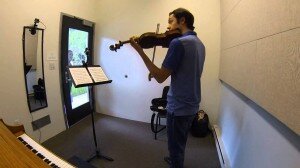 Author Malcolm Gladwell introduced the concept of the “10,000 hours rule” to a wider public through his book Outliers, though the concept had first be posited by Professor Anders Ericsson back in the early 1990s during research into innate talent and giftedness amongst musicians. It seemed like a magic number: do 10,000 hours of practice and you’ll be playing at Carnegie Hall before you know it.
Author Malcolm Gladwell introduced the concept of the “10,000 hours rule” to a wider public through his book Outliers, though the concept had first be posited by Professor Anders Ericsson back in the early 1990s during research into innate talent and giftedness amongst musicians. It seemed like a magic number: do 10,000 hours of practice and you’ll be playing at Carnegie Hall before you know it.
But what Gladwell overlooked in his book, and what Ericsson has written about at length, is that it is quality rather than quantity of practice that leads to noticeable improvement and progress, and the acquisition of “expert” skills. Ericsson calls this “deliberate practice”.
Wieniawski: Etudes-caprices, Op. 18: No. 2. in E-Flat Major (arr. F. Kreisler for violin and piano)
 Many music students, particularly children, are not taught how to practice deliberately. For the young child, this may sound like a monumental chore, but a good teacher can guide a child to ensure their practising is both enjoyable and productive, and a lot can be achieved in just 10 minutes if one knows how to practice properly.
Many music students, particularly children, are not taught how to practice deliberately. For the young child, this may sound like a monumental chore, but a good teacher can guide a child to ensure their practising is both enjoyable and productive, and a lot can be achieved in just 10 minutes if one knows how to practice properly.
For the serious musician, note-bashing is no substitute for really deep, intelligent practice – practising which is undertaken both at the instrument and away from it. In addition to physical playing or singing the music (after a proper warm up), there is all the painstaking work of reading, analysing, annotating and memorising scores or libretti, marking up fingering schemes which once learnt remain embedded in the memory and the fingers forever. Working, with pencil and score, cutting through the music to the heart of what it is about, living with and listening to the music to find out what makes it special, studying style, the contextual background which provided invaluable insights into the way it should be interpreted. All of this is “practising”.
So when musicians talk of doing five or six hours of practising every day, more often than not this is not all undertaken at the instrument (singers in particular cannot practise for long periods because they must protect their voices). Musicians everywhere understand the agony and ecstasy of practising – and the dangers of over-practising which can lead to boredom and, worse, injury.
Practising time is precious: done correctly it can be productive, creative and fulfilling.
Now you understanding the meaning of practice, let’s find out how to practice.
You May Also Like
-
 The Tide of Practice Learn to breathe renewed life in your practice sessions
The Tide of Practice Learn to breathe renewed life in your practice sessions -
 Practice Like an Olympian Yes, you also have to keep “fit” as a musician!
Practice Like an Olympian Yes, you also have to keep “fit” as a musician! -
 How to Practice Ways to gain enjoyment/satisfaction from practicing
How to Practice Ways to gain enjoyment/satisfaction from practicing -
 ‘Sleep Practicing’ and Practicing Away From the Instrument When imagination and visualisation shapes our music
‘Sleep Practicing’ and Practicing Away From the Instrument When imagination and visualisation shapes our music
More Opinion
-
 Nurturing the Musical Brain It is essential to make music part of someone’s development as early as possible
Nurturing the Musical Brain It is essential to make music part of someone’s development as early as possible -
 Music for Life Skills Learning a musical instrument can contribute to personal development and success
Music for Life Skills Learning a musical instrument can contribute to personal development and success -
 Alone Yet Together: The Shared Experience of Live Performance Attending a concert alone is not an act of isolation
Alone Yet Together: The Shared Experience of Live Performance Attending a concert alone is not an act of isolation -
 Let’s Celebrate and Nurture Classical Music’s Core Audience Obsession with attracting a young audience seems to be exclusive to classical music
Let’s Celebrate and Nurture Classical Music’s Core Audience Obsession with attracting a young audience seems to be exclusive to classical music

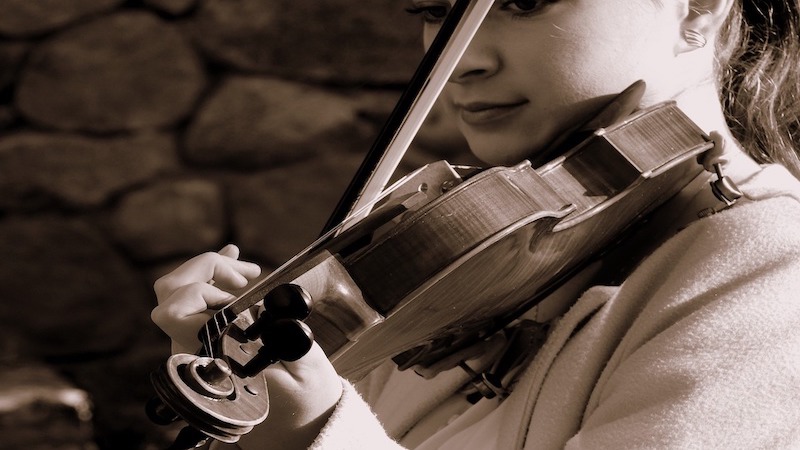
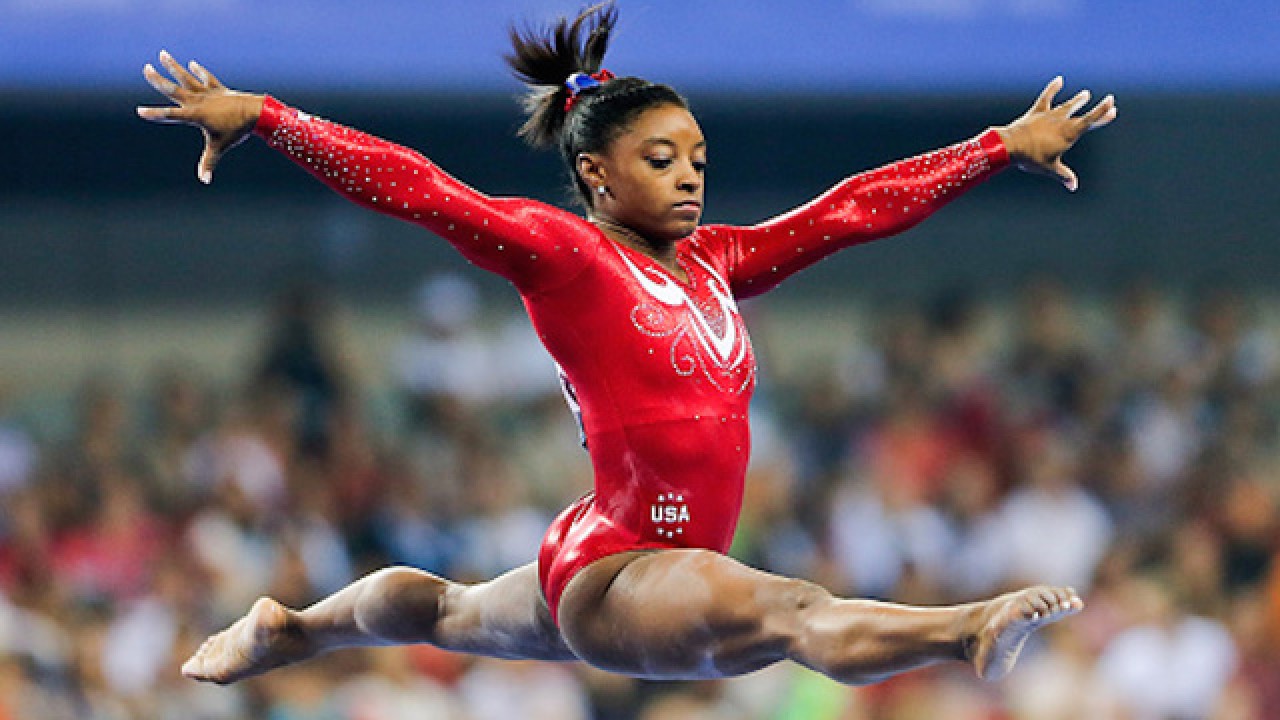
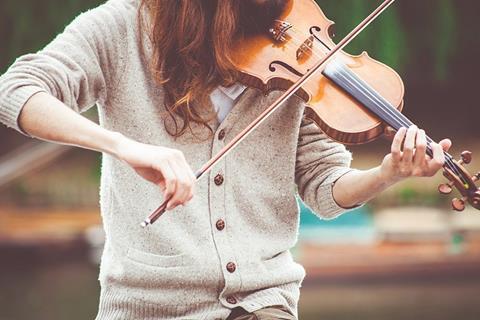




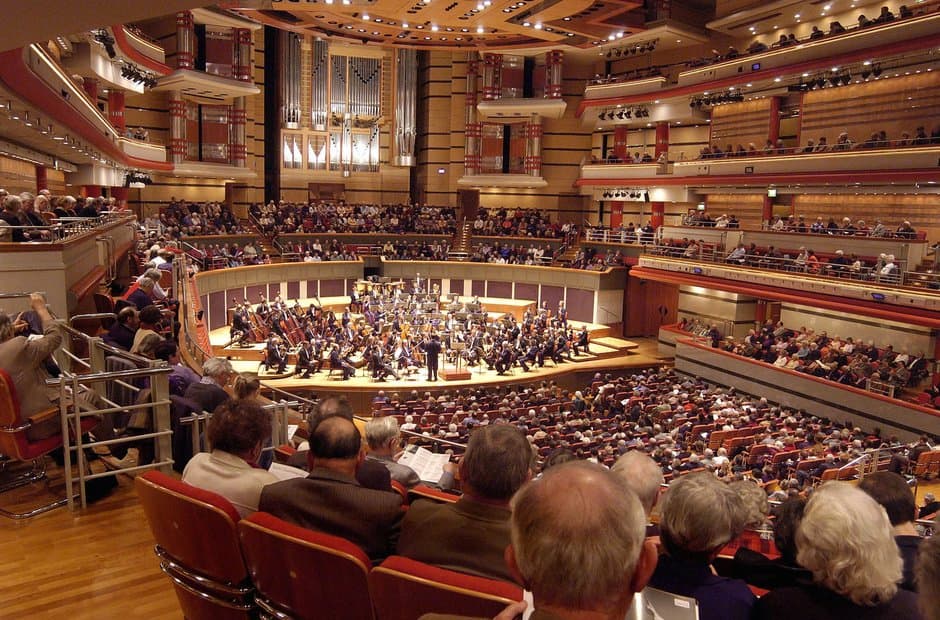
Please elaborate upon the specific methods of “proper practicing”!
Hi Holly,
Please see Frances’ latest post “How to Practice”.
Very useful